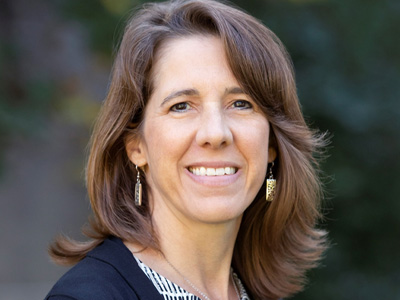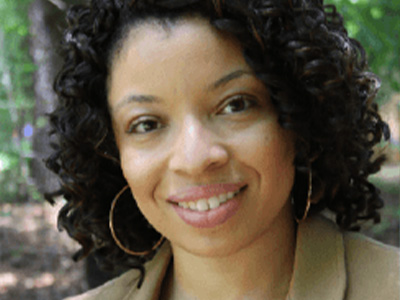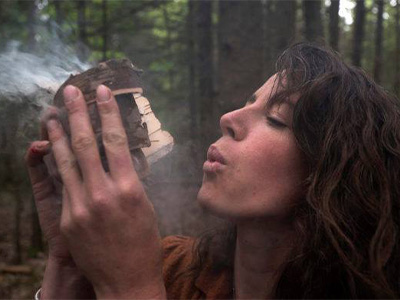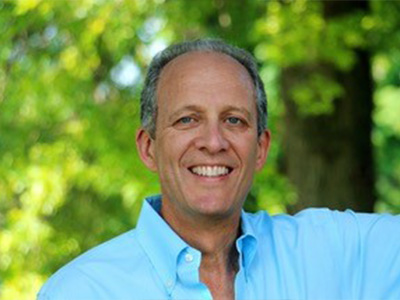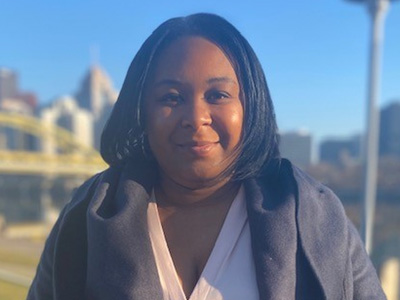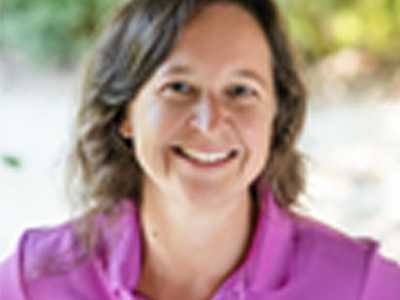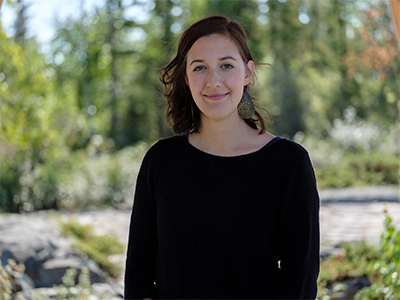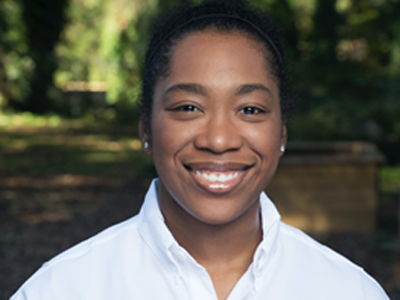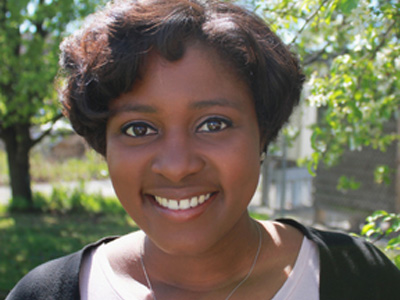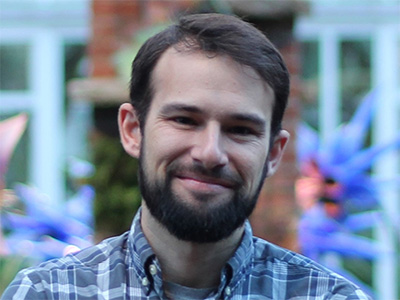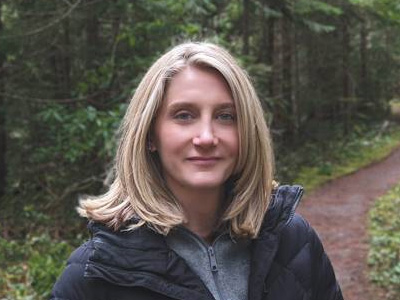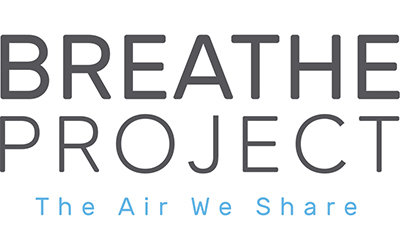Nature of Place Symposium 2021
On April 5 – 7, 2021 the second-annual Nature of Place Symposium united thought leaders across disciplines for a conversation of how biophilia impacts the most precious and vulnerable among us: children. Over the course of three days, they explored not only the deep importance of how children significantly benefit from time in nature, but also how some children are deprived of this experience due to a variety of factors such as racial injustice and disability exclusion.
In this online resource, the Nature of Place contributors present video, written summaries and more to take you inside this important gathering and invite you to join the conversation on these vital issues.
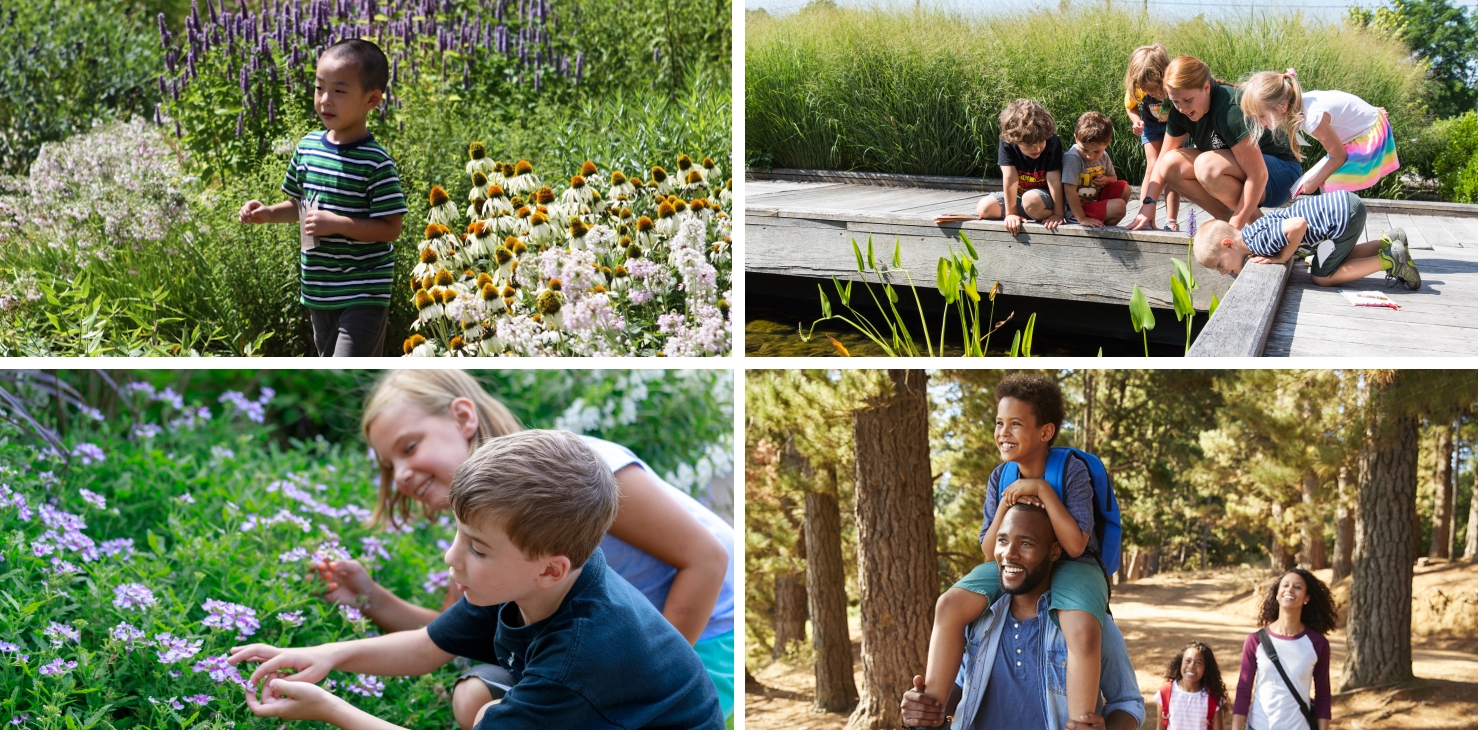
How to Use This Resource:
The Nature of Place Symposium was structured in three sessions, each with its own set of presentations. In this resource, you'll find each session represented by video of its presentations and panel discussion along with written abstracts.
Session 1: The Physical and Cognitive Value of Time in Nature
This session discusses the developmental, cognitive, and physical benefits of children spending time in nature.
The Presentations:
KEYNOTE: ‘Tuning In’ to Biophilia to ‘Turn Up’ Children’s Healthy Development
Biophilia and the Social Health of Diverse Youth
Longing for Belonging: Transforming Society through Deep Nature Connection
Time in Nature: The Impact on Childhood Health
Panel Discussion:
Session 2: Equitable Access to Greenspace – Changing the Outdoor Culture
Although time in nature is beneficial to children, not all children have equitable access to greenspace due to such factors as racism and facilities that are not inclusive of different abilities. This session explores the existing social, cultural and physical barriers to access to nature and discuss the needed changes.
The Presentations:
KEYNOTE: Breaking Barriers
Welcoming Access Across Garden Spaces
The Land Takes the Lead
Let Kids Be Kids: Developing Environmental Stewards and Leaders
Panel Discussion:
Session 3: Equitable Access to Greenspace – Changing the Cities
Access to nature can be greatly improved by city infrastructure and planning, such as regulations to add more trees or minimize the distance to parks and green spaces. This session explores the important role city planning can play in helping to ensure equitable access to nature.
The Presentations:
KEYNOTE: Black Neighborhoods Matter
Landscape Reconciliation
Phipps Backyard Edible Garden Program: Homegrown
Biophilic Design for a Nature-Connected Society
Panel Discussion:
Join the Movement!
Stay informed on upcoming Nature of Place events:
The Phipps Research Institute for Biophilia and Science Engagement acknowledges the connection between human and environmental health. The institute studies the built and natural environments and their intersection with human health and wellness.
Questions? Contact Dr. Maria Wheeler-Dubas at mwheeler-dubas@phipps.conservatory.org.
Presented in Collaboration With

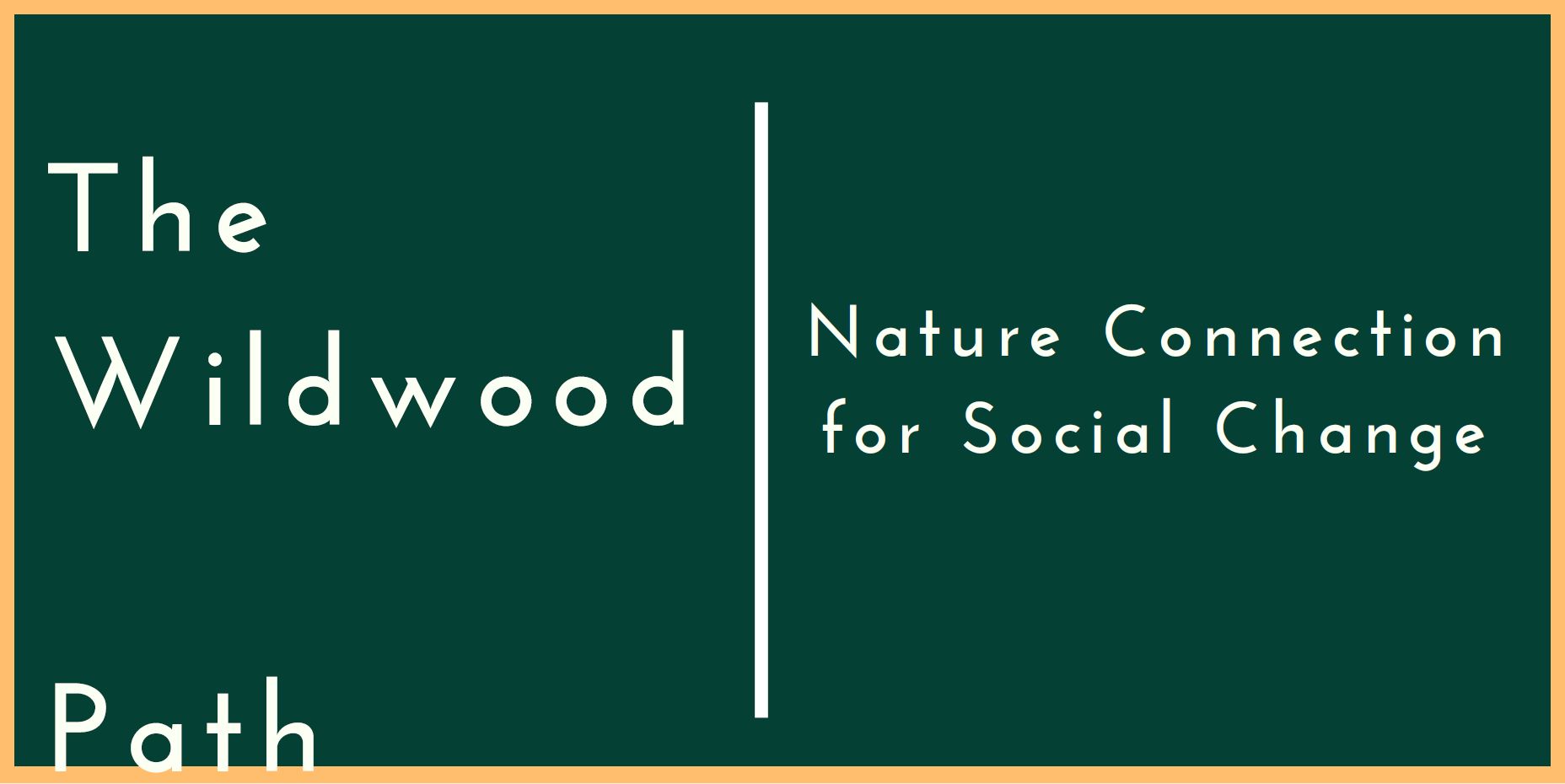
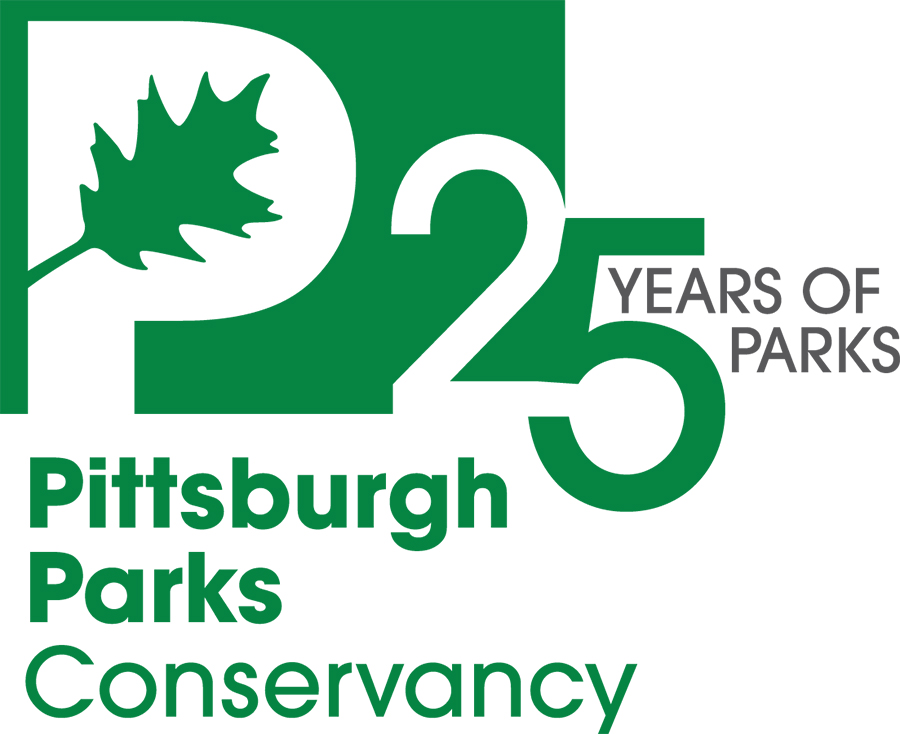

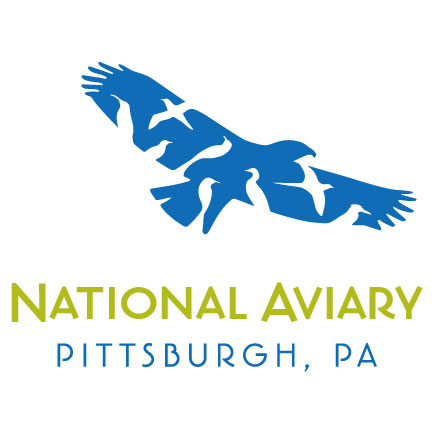
Select photos © Paul g. Wiegman
